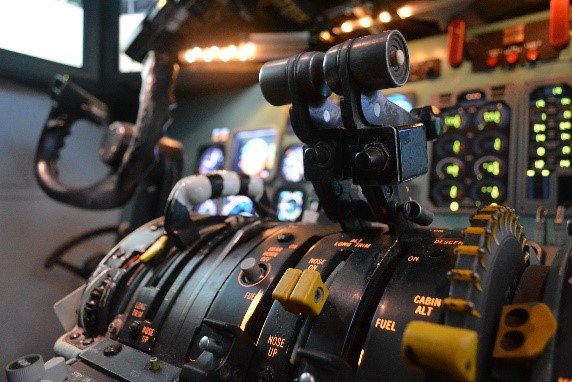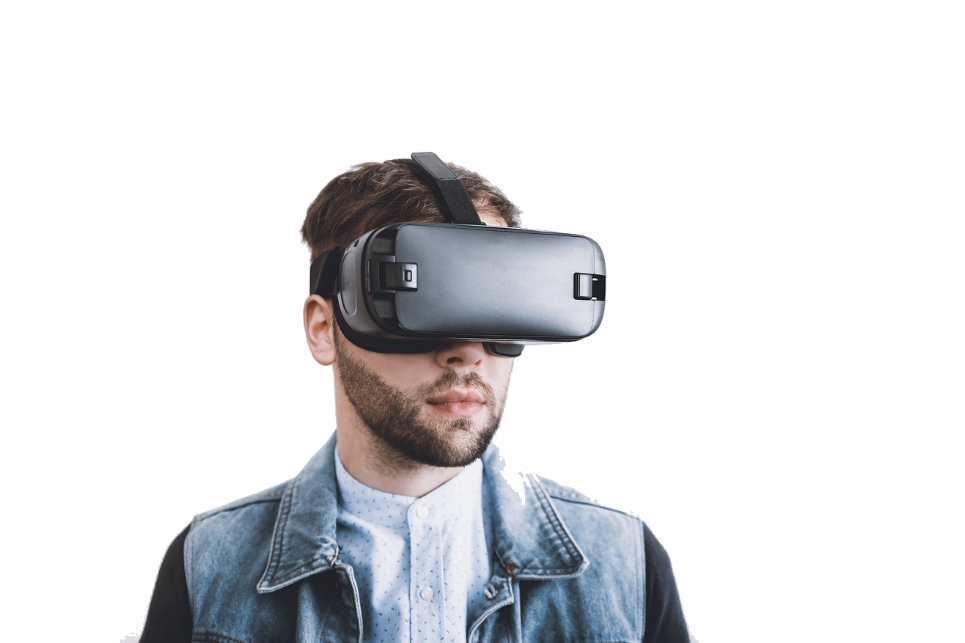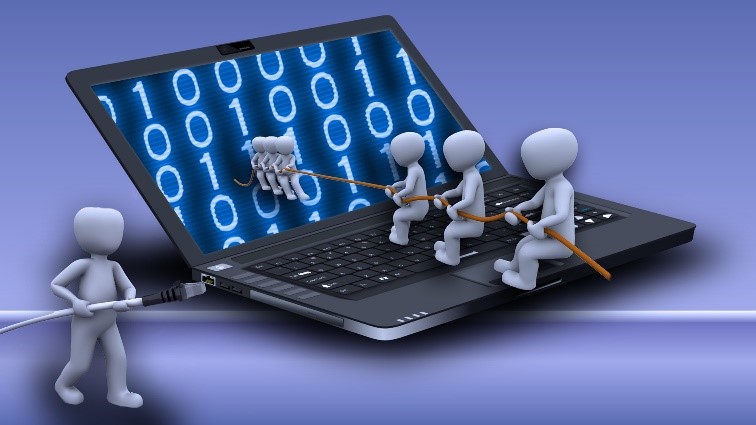There is this “messiah” halo around simulations; making them the “thing” that is required to help learners apply what they have acquired as knowledge! After all, knowledge alone is not going to change fortunes, application does! So, simulations seem to be the go-to thing.
The fascination for simulation is probably grounded in some very strong data and experiences in certain scenarios / skills. They have helped trainee pilots master flying skills without risking not just life and limb but also expensive equipment. Simulations also help loco pilots, drivers and a host of other learners build skills to handle equipment or navigate events. But, do they also help learners who are trying to transform their behaviours?
This is where things get tricky and grey, on the face of it, if simulations can help build skills for events, then it should help behaviours for situations too, since behaviours are an outcome of sustained deployment of skills – But, is it really so simple?
Let’s take the example of training a pup to use its right paw to greet people who come home by shaking their hand. After a few days of focused training, it starts putting out its right paw consistently, lo and behold, the pup has acquired the knowledge of what it takes to greet people and has the skill to put forward its right paw when greeting people who come home! – perfecto! The pup is demonstrating a new behaviour! Or is it?

What would happen if, one day, a person comes along whose right hand is in a sling! Does the pup put out its right paw or left? Has it been taken through a process to understand the situation before it applies a skill?
Let’s come back to simulations, trainee pilots, loco pilots, drivers etc., are put through expensive simulators that recreate the look, feel and sounds of an actual event prompting them to demonstrate skills on how to use the available equipment and handle that event effectively. Over a period of time, they build the required skills to handle the equipment during actual events.

The other kind of simulations we find are the gamified simulations available in single device as well as collaborative formats – Online games, VR simulations, PS, Xbox etc. People perform stupendous feats – shooting targets, unarmed combats, jumping canyons, precision/extreme driving, sometimes when competing with others. People play simulations multiple times and for long periods of time at a stretch – does this level of practice / familiarization mean that they can demonstrate all these skills effectively in an actual scenario of jumping, fighting, driving etc.?

A third kind of simulations are where people after a training program are put through simulations that show them certain people related situations and are given a few response options to choose from and the next situation they are shown may or may not depend on the choice made earlier.
If the person scores very high in that simulation (makes all the appropriate choices); does it mean they will make similarly appropriate choices in actual situations? Would this knowledge-based choice pan out appropriately when faced with real people, their personalities, emotions, priorities along with the person’s own personality, emotions, priorities etc. in a particular situation?
The biggest challenge of behavioural response, it’s not about events, but situations – where there is an interplay of different people bringing about infinitely variable complexities.
Are such behavioural simulations reducing behavioural complexity and contextual responses to a simplistic choice between a few options? And would acing that simulation indicate consistent acing of real situations, especially those that influence business results?
We are social animals, we learn and apply behaviours in social situations, it might be worth looking at other options to transform behaviours for organisational effectiveness and business impact.
We are IPA Enablers, we focus on augmenting YOUR effectiveness.
We work with
- Organisations to enhance the effectiveness of their human capital and
- Educational institutions to enhance the employability of their students

IPA Enablers
From Knowledge to Impact
We are Enablers of:
• Business result oriented behavioural & leadership learning
• Frameworks for applying concepts@work
• Learning quality & skill uptake assessment
• Measurable behaviour change
• RoI for the learning program
• Global delivery in leading languages
Talk to us to find out how we can assist you in engineering effective learning solutions!
Ajay Alex
+91 9008310567
ajay@ipaenablers.com